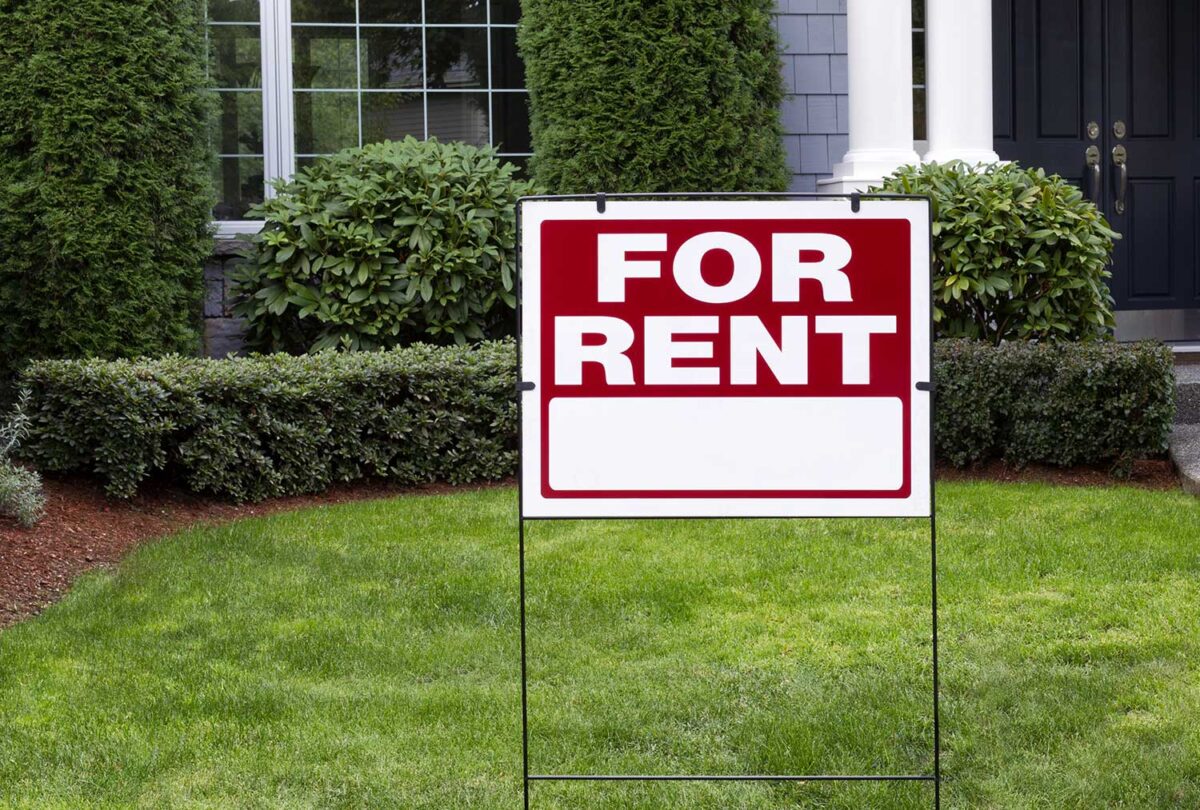The Top 5 Legal Mistakes Maryland Landlords Make
- June 18, 2020
- Landlord Law

While it is nice to earn income by renting property, it won’t be worth it if you make legal mistakes and end up being sued in a
landlord-tenant dispute. If you are considering becoming a landlord in Maryland, it makes sense to consult a skilled
landlord/tenant lawyer to review your documents and practices to make sure they are all legal and your interests are protected. At Lusk Law, LLC, we can help prevent landlord legal claims from happening and keep you from making costly mistakes.
The Top 5 Legal Mistakes Maryland Landlords Make
The Maryland Attorney General’s Office, Consumer Protection Division, offers tips for
avoiding landlord/tenant disputes. By reviewing these, you can prevent costly legal battles. Here are some of the most common legal mistakes landlords make:
1. Asking Discriminating Questions of Potential Renters
Under the
Fair Housing Act, Title VIII of the Civil Rights Act of 1968 as amended, you cannot discriminate in housing-related transactions in Maryland because of:
- Race
- Color
- Religion
- Sex
- Familial status
- National origin
- Disability.
While you can screen prospective tenants to make sure they are responsible enough to pay the rent, you cannot do things like asking a disabled person about their disability. If you do, you could wind up having to defend against a fair housing complaint. In Maryland, you are allowed to screen for relevant things like background checks, income, job history, and past evictions. Consulting with a knowledgeable
landlord and tenant attorney in Maryland can provide valuable insights into navigating the legalities of tenant screening and ensuring compliance with fair housing regulations.
To learn more about housing discrimination in Maryland, see these guidelines provided by the Maryland Commission on Civil Rights (MCCR). The Baltimore City Council has also added some new requirements for landlords. You can read more about these
here. For additional
education and training, the MCCR offers workshops and seminars about housing laws to individuals, agencies, businesses and organizations throughout the state.
2. Violating the Tenant’s Right to Privacy
Maryland landlords should not enter the tenant’s home without first giving a 24-hour written or verbal notice, except for emergencies such as a fire or a leaking water pipe.
After giving notice, landlords are allowed to enter the property to:
- Make repairs
- Show the unit to a prospective tenant
- Inspect the property.
Violations of tenant privacy can allow the tenant to get out of the lease and may result in the tenant having a legal claim against the landlord.
3. Failure to make disclosures to prospective tenants in Maryland
Landlords are required to make property-related disclosures to prospective tenants. If the tenant suffers damages for problems about which you failed to inform them, you could be liable for damages in a lawsuit.
Standard disclosures include:
- Existence of mold or lead paint or other toxic substance in the unit
4. Refusing to Make Repairs
Your rental agreement should specify who has to make repairs, but, regardless, you are responsible for making repairs that keep the unit “habitable.” This includes providing:
- Safe electricity, heating, gas, and plumbing
- Structurally safe roof and flooring
Failing to make these significant repairs when requested can result in the tenant’s filing a rent escrow, where they pay the rent into the court, tenant’s moving out, and the rent being abated or monies paid to the tenant. The Maryland Code provides the the law on making repairs at
Md. Code, Real Property, ss 8-211.
5. Keeping or Misusing Security Deposits
You are allowed to keep a security deposit to cover un-paid rent or damage caused by the tenant. However, you may not use it to cover normal wear and tear, appliance upgrades, or refurbishing. If you use the deposit for repairs you must:
- Provide an itemized list of actual expenses incurred
- Return the balance of the deposit to the tenant as required by state law.
Failure to do so can result in a
tenant bringing a legal action against you and being liable for additional damages and the tenant’s attorney’s fees.
Contact Us to Prevent Landlord/Tenant Legal Disputes in Maryland
Making these mistakes in Maryland can result in aggravation, fines and money owed to the tenant. These costs can eat up the profits from your rental unit. To prevent lawsuits and legal claims, contact the experienced landlord-tenant attorneys at Lusk Law LLC for a consultation at (443) 535-9715.
 While it is nice to earn income by renting property, it won’t be worth it if you make legal mistakes and end up being sued in a landlord-tenant dispute. If you are considering becoming a landlord in Maryland, it makes sense to consult a skilled landlord/tenant lawyer to review your documents and practices to make sure they are all legal and your interests are protected. At Lusk Law, LLC, we can help prevent landlord legal claims from happening and keep you from making costly mistakes.
While it is nice to earn income by renting property, it won’t be worth it if you make legal mistakes and end up being sued in a landlord-tenant dispute. If you are considering becoming a landlord in Maryland, it makes sense to consult a skilled landlord/tenant lawyer to review your documents and practices to make sure they are all legal and your interests are protected. At Lusk Law, LLC, we can help prevent landlord legal claims from happening and keep you from making costly mistakes.



